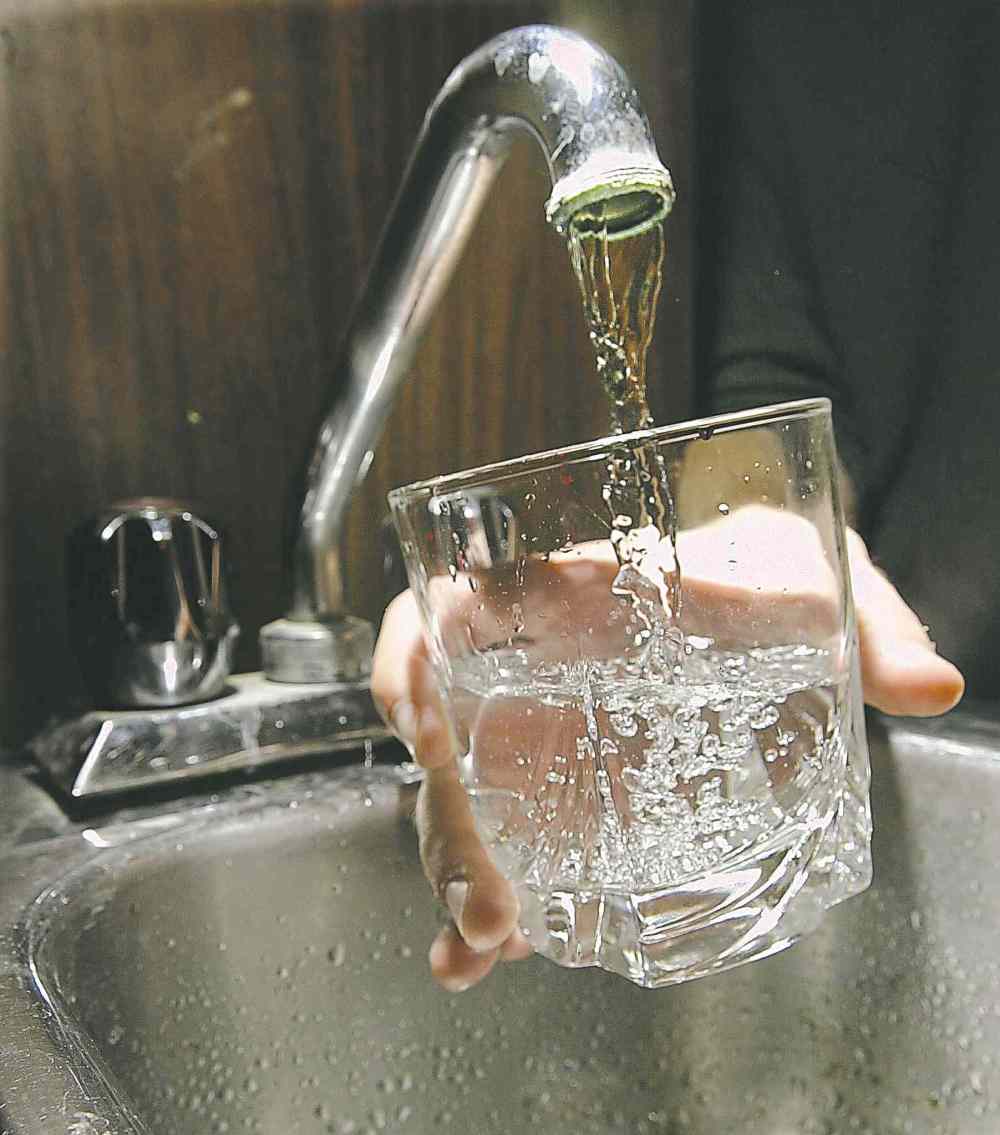Safe water is a basic human right
Advertisement
Read this article for free:
or
Already have an account? Log in here »
To continue reading, please subscribe:
Monthly Digital Subscription
$0 for the first 4 weeks*
- Enjoy unlimited reading on winnipegfreepress.com
- Read the E-Edition, our digital replica newspaper
- Access News Break, our award-winning app
- Play interactive puzzles
*No charge for 4 weeks then price increases to the regular rate of $19.95 plus GST every four weeks. Offer available to new and qualified returning subscribers only. Cancel any time.
Monthly Digital Subscription
$4.99/week*
- Enjoy unlimited reading on winnipegfreepress.com
- Read the E-Edition, our digital replica newspaper
- Access News Break, our award-winning app
- Play interactive puzzles
*Billed as $19.95 plus GST every four weeks. Cancel any time.
To continue reading, please subscribe:
Add Free Press access to your Brandon Sun subscription for only an additional
$1 for the first 4 weeks*
*Your next subscription payment will increase by $1.00 and you will be charged $16.99 plus GST for four weeks. After four weeks, your payment will increase to $23.99 plus GST every four weeks.
Read unlimited articles for free today:
or
Already have an account? Log in here »
Hey there, time traveller!
This article was published 29/01/2015 (3991 days ago), so information in it may no longer be current.
Winnipeggers are now dealing with the inconvenience of a boil-water alert. For many, Tuesday’s announcement meant a mad scramble to the nearest grocery store for bottled water or jugs. Facebook and Twitter came alive with jokes about alcoholic alternatives such as wine. Some felt embattled but accepted it with the usual Prairie resolve.
If this week has been annoying and inconvenient, try 17 years.
Shoal Lake has had a boil-water advisory for close to two decades and is one of many First Nations dealing with substandard water quality. According to Health Canada’s website, there are 135 drinking-water advisories in effect for 91 First Nations. Seven of them are for Manitoba reserves and five of those are boiling-water alerts. For more than 1,400 Manitobans, access to water and sewer services on reserve is a mishmash of fixes most people in Winnipeg would not put up with. This includes communal taps or “rockets,” sometimes three or more kilometres away for its users, cisterns that can fail water-quality standards or water trucks.

But, it’s not just reserves that are dealing with water issues. The town of Reston, southwest of Winnipeg, had their boil-water advisory rescinded Wednesday. It had gone into effect the previous Friday. In total, the province has 78 communities or water systems under boiling-water advisory alerts.
That seems ridiculous in this day and age.
Water is something we should be able to take for granted, but it’s obvious we can’t. Last winter’s frozen-pipes debacle courtesy of aging infrastructure in Winnipeg brought that home. Over 2,500 homes went without water — some for months. City hall now claims it’s better prepared to deal with this issue should the weather turn nasty again. We’ll see.
The frustrations of Winnipeggers last winter and over the last couple of days pales in comparison to those for whom this has become a lived reality, and it certainly points to a need for some serious public-policy attention.
The United Nations General Assembly in 2010 affirmed access to water and sanitation as “essential for the full enjoyment of life and all human rights.” The Harper government was slow to support the UN in this regard, but in 2011 supported the World Health Organization’s resolution that calls for improving access to water and sanitation. Critics say though, there needs to be less talk and more action. Where’s the money?
Water and water safety are emerging as a public-policy issue for all levels of government. Here in Canada, the Walkerton tragedy that killed seven people and made another 2,300 ill in 2000 may have been the defining moment for many to wonder just how safe our water is. A parasite in the North Battleford water system in 2001 made 7,000 people sick. Research indicates many Canadians wondered how this could happen in a developed country, and confidence in our water safety has deteriorated.
Detroit, a city trying to deal with bankruptcy, garnered international attention when it moved last June to shut off water to 323,000 homes for non-payment. The UN condemned the move as a “violation of the human right to water and other international human rights.” The homes targeted in Detroit were poor and black and the city justified its decision because it was dealing with a $5.6-billion water and sewage debt. Privatization is now on the table.
This is a familiar tune.
In 2007, the Federation of Canadian Municipalities warned our municipalities will need $88.5 billion to upgrade aging water systems. Most of that money is expected to come from municipal governments dealing with tight budgets and demanding taxpayers. In First Nations, it is estimated $4.7 billion will be needed to bring on-reserve systems up to standards.
It comes down to money and a commitment by all levels of government for an investment to protect a basic human right. We can’t take this for granted any longer.
History
Updated on Thursday, January 29, 2015 9:47 AM CST: Boil water advisory was made Tuesday.






